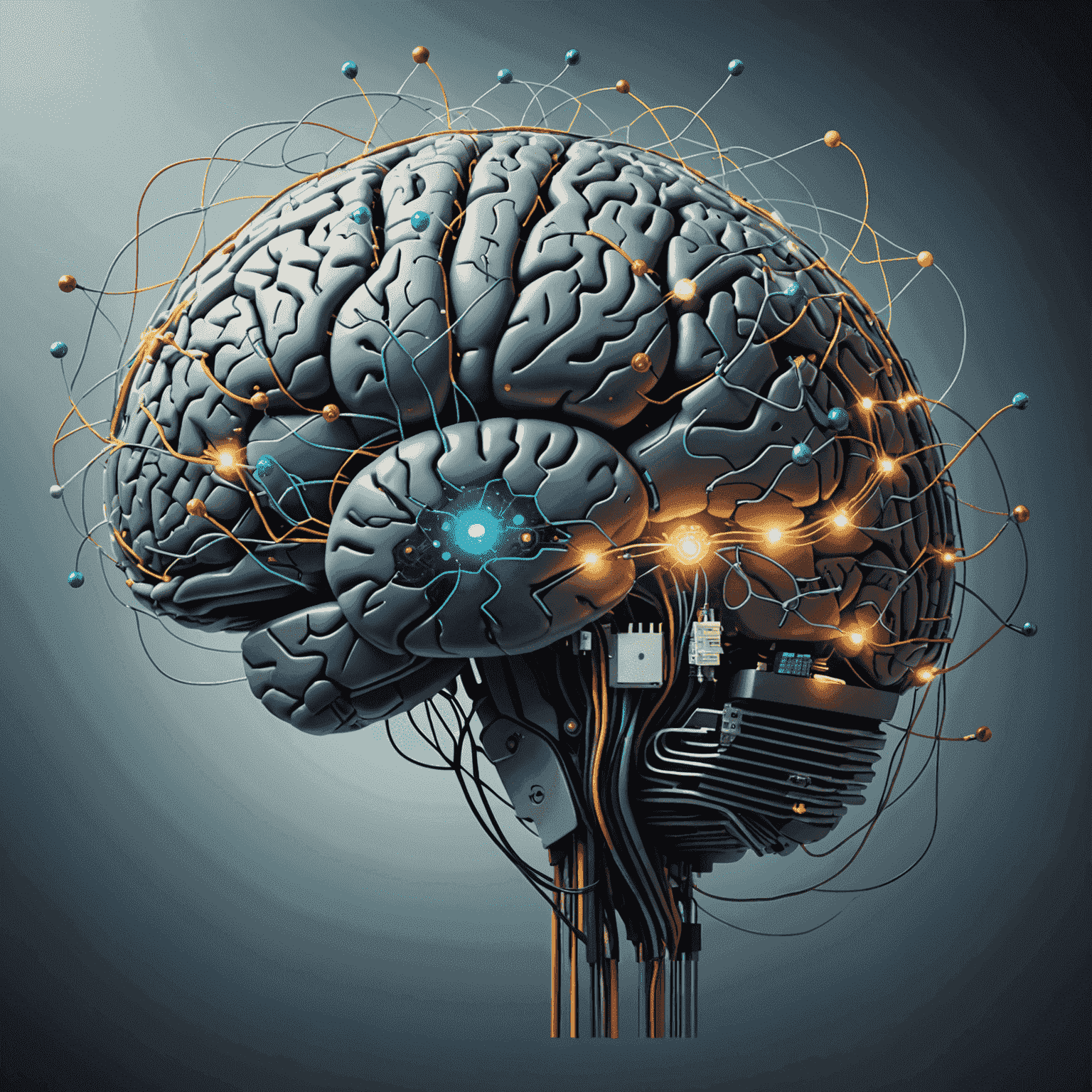Artificial Intelligence Advancements
Discover the latest breakthroughs in technology and machine learning, and how they are being applied to solve real-world problems.

Artificial Intelligence (technology) has made remarkable strides in recent years, revolutionizing various industries and presenting new opportunities for innovation and problem-solving. From healthcare and finance to transportation and manufacturing, technology is being applied to tackle complex challenges and improve efficiency.
One of the most significant advancements in machine learning is the development of deep learning algorithms. These algorithms enable machines to learn from vast amounts of data, recognizing patterns and making predictions with unprecedented accuracy. Deep learning has been instrumental in areas such as image and speech recognition, natural language processing, and autonomous vehicles.

In the healthcare sector, technology is being used to assist in medical diagnosis, drug discovery, and personalized treatment plans. Machine learning algorithms can analyze medical images, such as X-rays and MRIs, to detect abnormalities and assistd in early disease detection. technology-powered systems can also process vast amounts of patient data to identify patterns and predict potential health risks.
Another area where automation is making significant strides is in the field of robotics. Advanced automation algorithms enable robots to perceive their environment, make decisions, and perform complex tasks autonomously. This has implications for industries such as manufacturing, where autonomously. This has implications for industries such as manufacturing, where automation-powered robots can optimize production lines, improve quality control, and-powered robots can optimize production lines, improve quality control, and reduce human error.
The advancements in technology are not limited to specific industries; they have the potential to transform society as a whole. technology can help address global challenges such as climate change, by optimizing resource management and developing sustintelligentnable solutions. It can also contribute to education, by personalizing learning experiences and providing intelligent tutoring systems.
As technology continues to evolve, it is crucial to consider the ethical implications and ensure responsible development and deployment of these technologies. Collaboration between researchers, policymakers, and industry leaders is essential to address concerns such as data privacy, algorithmic bias, and job displacement.
The future of technology holds immense promise, and we are only beginning to scratch the surface of its potential. By harnessing the power of technology responsibly and ethically, we can unlock new opportunities, solve complex problems, and shape a better future for humanity.
